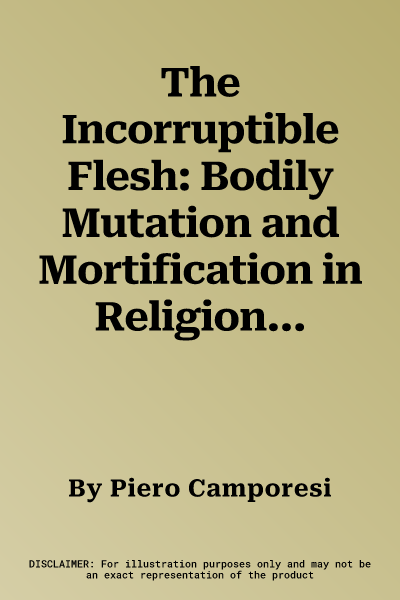Piero Camporesi
(Author)The Incorruptible Flesh: Bodily Mutation and Mortification in Religion and FolkloreHardcover, 29 April 1988

Temporarily out of stock
Free Delivery
Cash on Delivery
15 Days
Free Returns
Secure Checkout

Part of Series
Cambridge Studies in Oral and Literate Culture
Part of Series
Cambridge Studies in Social Anthropology (Paperback)
Print Length
296 pages
Language
English
Publisher
Cambridge University Press
Date Published
29 Apr 1988
ISBN-10
0521320038
ISBN-13
9780521320030
Description
Product Details
Author:
Book Format:
Hardcover
Date Published:
29 April 1988
ISBN-10:
0521320038
ISBN-13:
9780521320030
Language:
English
Location:
Cambridge
Pages:
296
Publisher: